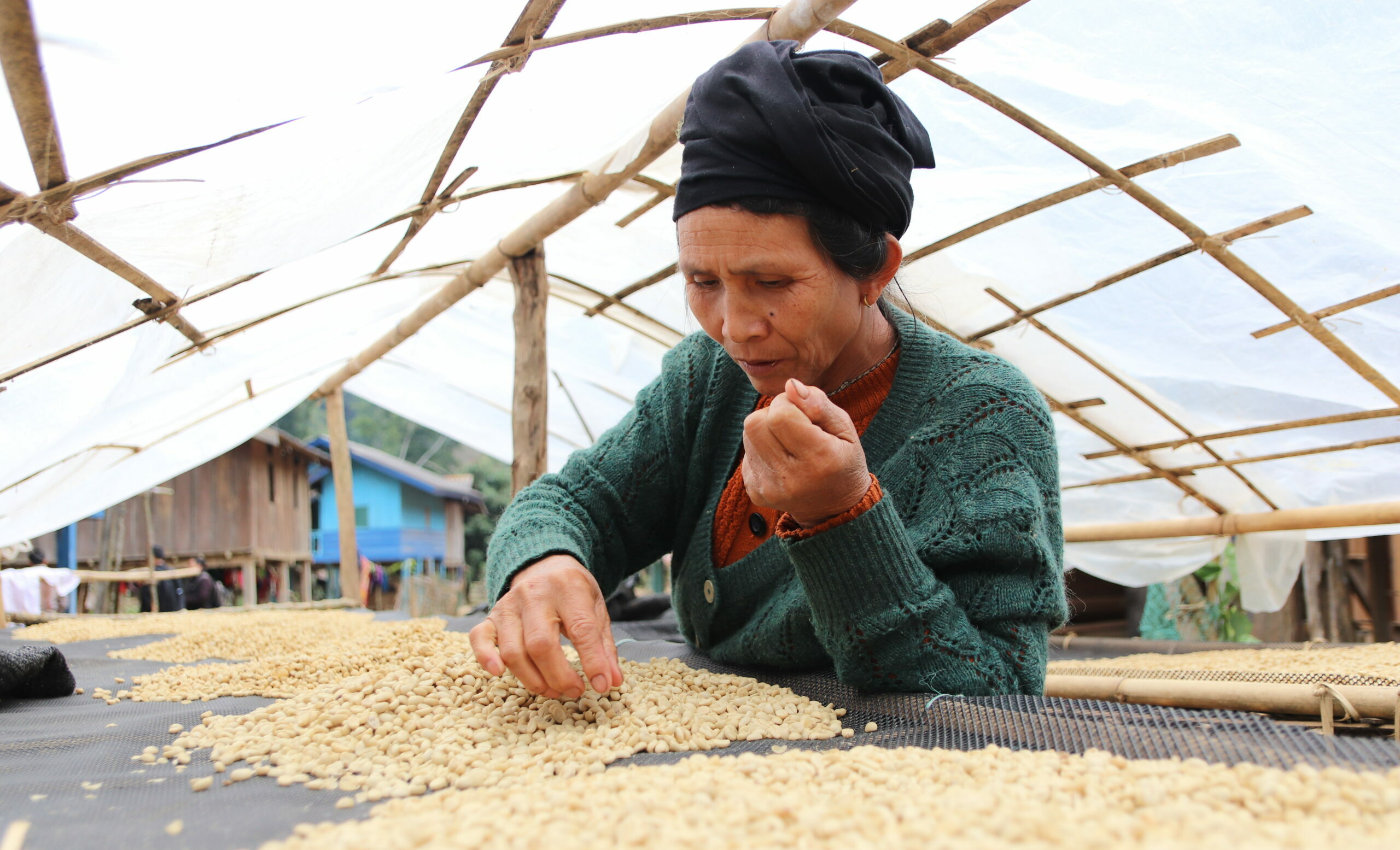

The remote mountainous area of Laos is well-known for its diversity in ethnic minority groups, living as peaceful hill tribes. These include the Hmong group, who have brought opium production in the early 19th century from China to Laos and popularized it there. Due to weak infrastructure, the mountainous region is often difficult to access and hardly connected to local markets. Agricultural production is often limited to the production of food for own consumption. The cultivation of market crops is hardly worthwhile since there are either no adequate transport routes, or the transport costs are just disproportionately too high compared to the benefits gained from the sale of these crops. Growing and marketing fresh goods and products that must be transported in large quantities are therefore not an option. For farmers, opium has the advantage of having high value in small quantities plus it can also be stored longer (i.e. it does not have to be sold immediately after harvest).
The simple ban on opium without offering alternatives drives the already precarious situation of mountain farmers into a state of even greater poverty. An alternative crop to opium needs to have similar advantages as opium; a rather high value in small quantities, value added through local processing, storability and suitability for the soil and climate of the region. As such, coffee was identified to be a promising alternative crop to opium in Laos.
In 2015, UNODC started to introduce coffee as a cash crop to 12 villages in 4 districts of the Huapan province in the north of Laos. UNODC supported all technical aspects of coffee production but quickly realized that organizing a total of more than 330 families in a group working together is a big challenge; in particular if the families are spread over 12 villages in 4 districts, composed of different ethnic groups. As a result, in 2017, UNODC looked for a partnership with DGRV Laos and its partner DRDC.
In order to build up the individual families to a group, DGRV organized trainings, study-tours in Laos and abroad and an internship for the group management in experienced coffee cooperatives in Laos and Thailand. These measures, completed through intensive coaching, finally led to the formal registration of the VANMAI Coffee Producer Cooperative in 2019. The cooperative is now able to produce high quality coffee and end of 2020, a contract with an international company for the export of VANMAI coffee to Europe could be signed. With the planned transformation in organic coffee and fair trade, the cooperative will get sustainable markets, fetch higher prices and increase the family income of their members. In addition, the cooperative member families benefit also from trainings organized by their cooperative that are not directly related to coffee production, for example financial literacy.
There are still many challenges but without being organized in a group/cooperative, the individual farmers would neither have access to all support and extension services, nor have the access to an international market. The VANMAI Cooperative now serves as a model on the formation of a cooperative also in rather difficult circumstances, and as a good example on the benefit of cooperation with other partners. UNODC has the technical and financial means related to coffee production and processing. DGRV contributes with its expertise in cooperative development and its respectable network including relevant government partners. Thus, if all partners bring in their specific expertise, complement each other with their expertise and bundle their resources together, all concerned parties will benefit. Ultimately, this is what cooperative means: to cooperate!
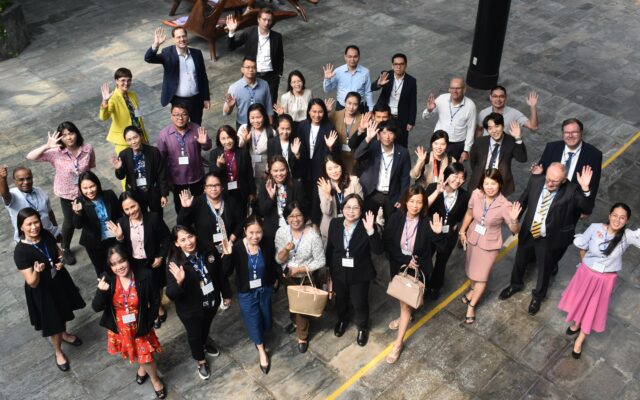
A new partnership between DGRV and the Cooperative Development Authority (CDA) in the Philippines is enhancing regulatory oversight and stability within the cooperative sector.
More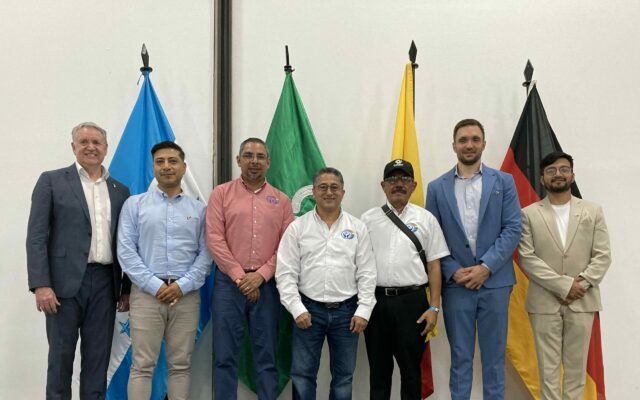
DGRV’s project in Honduras focuses on strengthening the cooperative financial sector, particularly in rural areas, and improving access to financial products and services. The initiative also aims to enhance resilience to climate change and promote the efficient use of natural resources, fostering sustainable and inclusive economic growth.
More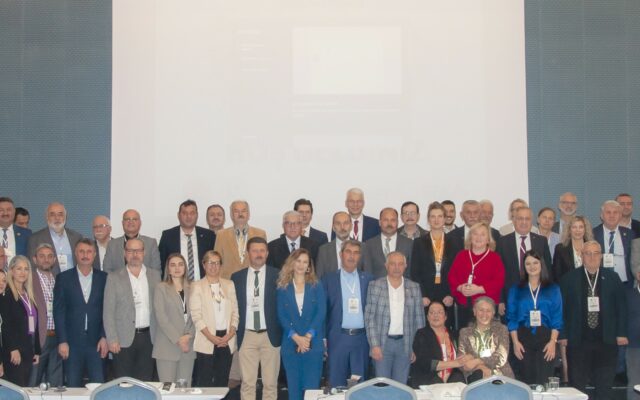
The 8-year long TAKBİ project within the framework of the Turkish and German association cooperation, revitalized Turkish agricultural cooperatives by surmounting challenges, elevating organizational structures, improving service quality, and fostering member satisfaction, leaving a lasting positive impact on the cooperative landscape in Turkey.
More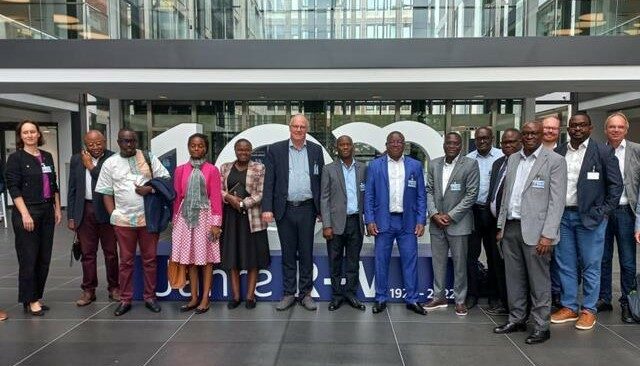
Financial experts from Benin, Cameroon, and Uganda embarked on a journey to Germany to explore the essence of cooperative principles, forging a vision for a resilient banking sector that transcends borders and fosters economic and social progress in African communities.
More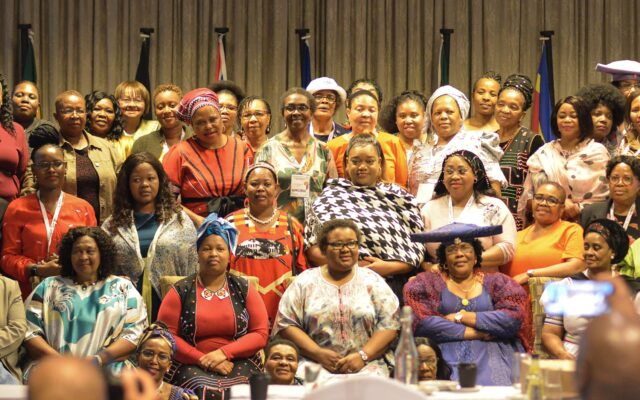
In an extraordinary gathering, female traditional leaders from Southern Africa converged to harmonize the concepts of Ubuntu and cooperative principles, setting a visionary path for community development.
More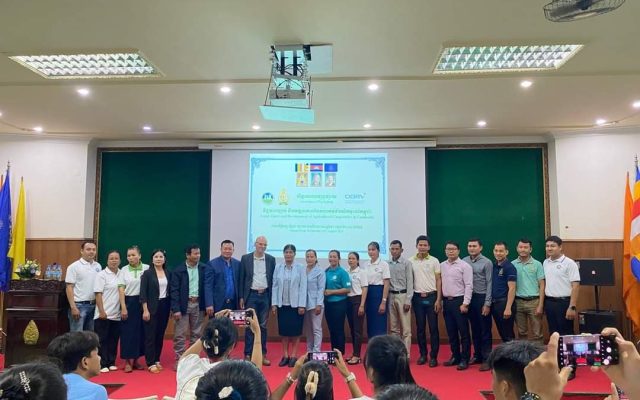
Empowering Cambodia's agricultural cooperatives through dynamic seminars: DGRV and AERD/RUA collaborate to drive leadership, professionalism, and sustainable growth.
More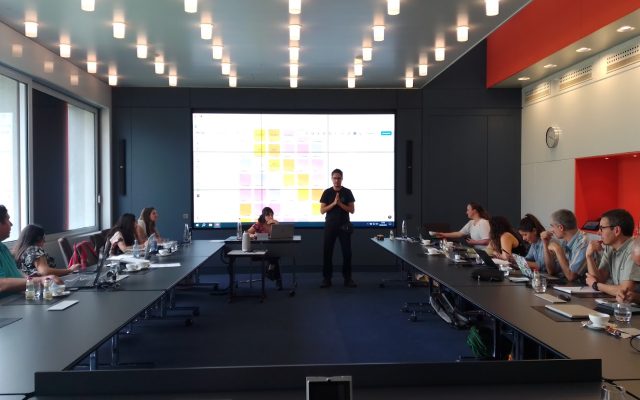
In June, eight Chilean organizations participated in an Exposure Visit to learn from the experience of Energy Cooperatives in Germany
More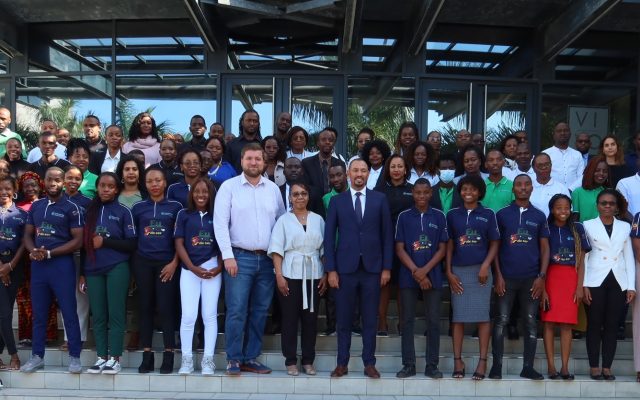
Empowering Mozambican youth through cooperative entrepreneurship to tackle unemployment and promote economic growth.
More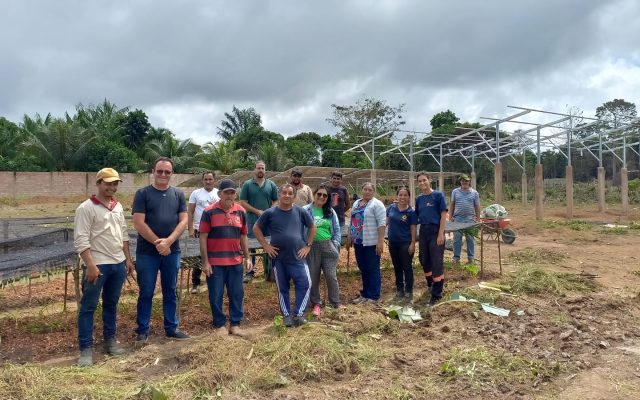
Helping the cooperative CCampo Alimentos to implement an Agrivoltaic pilot project in Brazil
More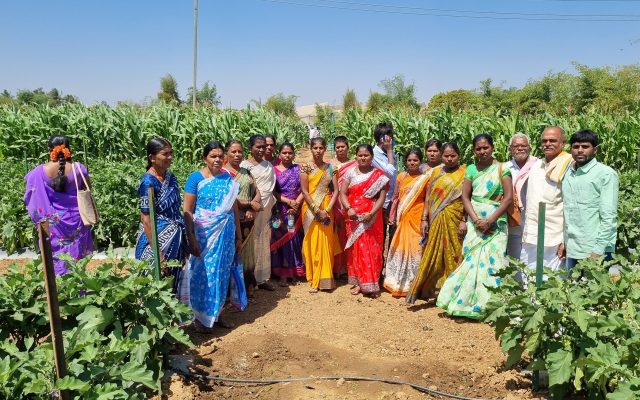
Adaptation measures to climate change in rural areas in India
More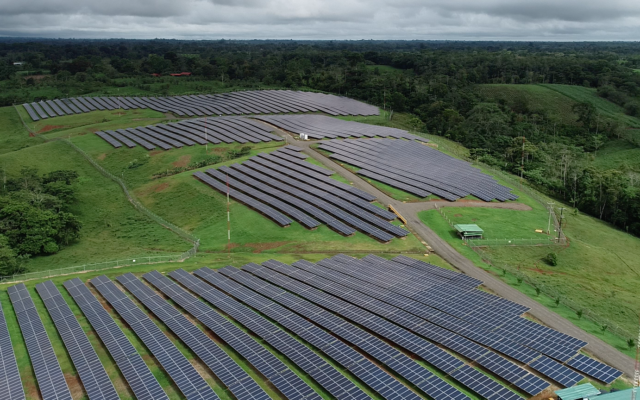
Renewable Energy in Costa Rica generated by cooperatives.
More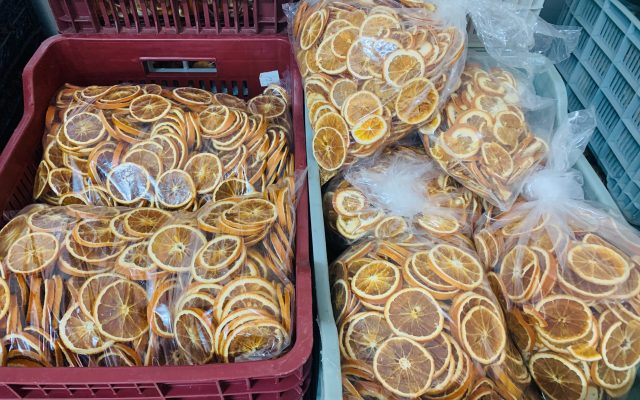
Food Processing with a Regional Federation
More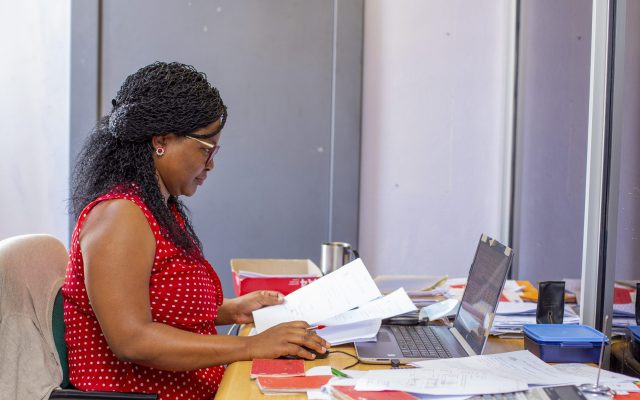
Digitisation of Primary Co-operatives in eSwatini
More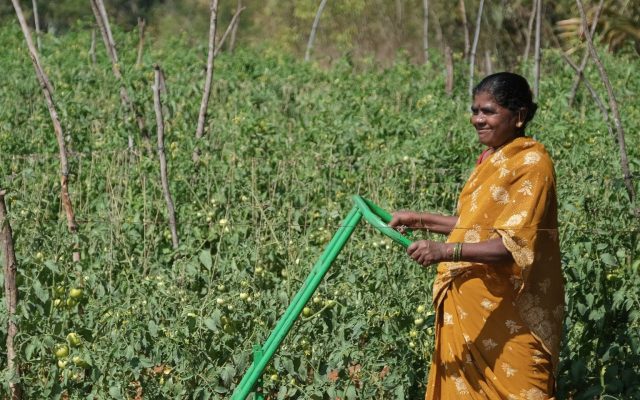
A central solution that enables members to make daily agricultural necessities available promptly and financially affordable
More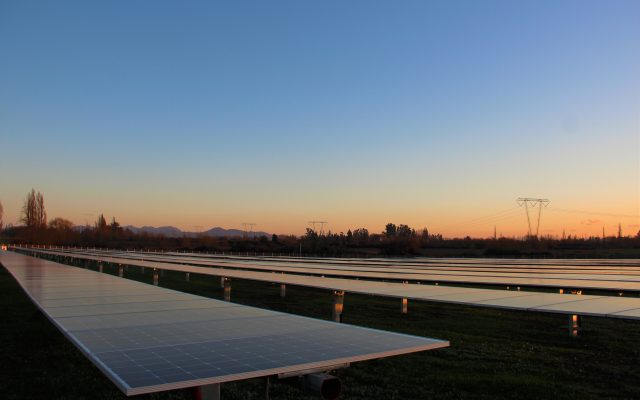
The creation of Community Distributed Generation Cooperatives in Chile.
More
Textile cooperative in Tunisia
More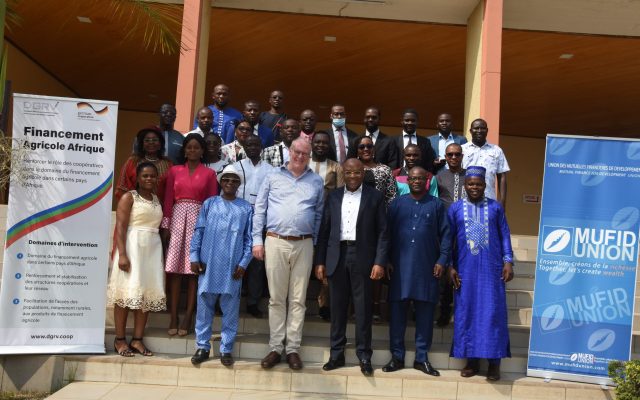
Facilitating access to quality agricultural finance products in Cameroon
More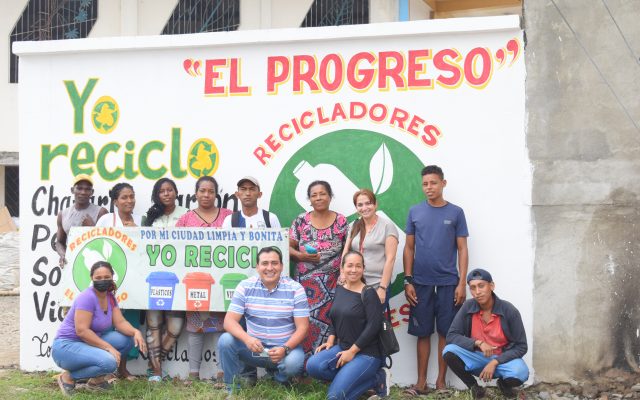
Generating business and commercial connections with the "Networks in Action" project
More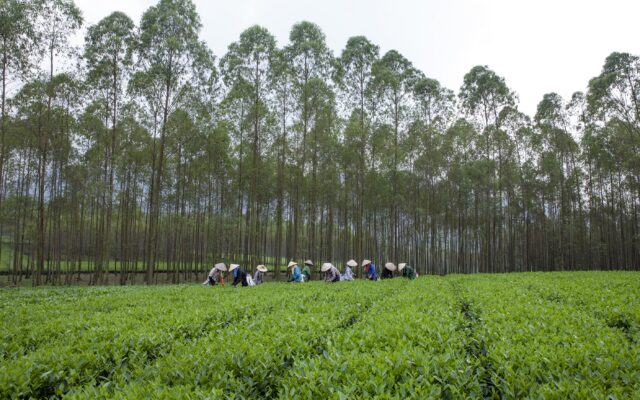
Mid- term courses for cooperative officials in Vietnam
More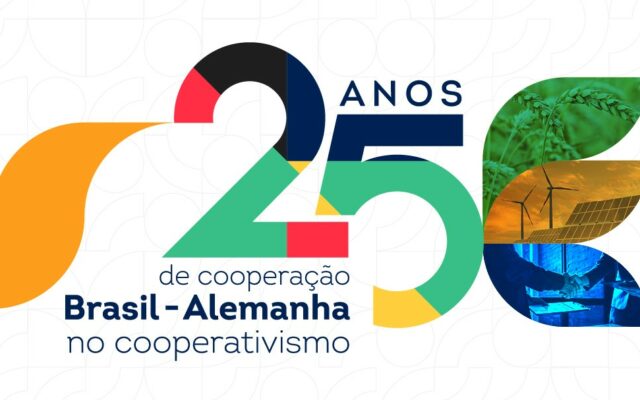
The collaboration between the Brazilian and German cooperative sector
More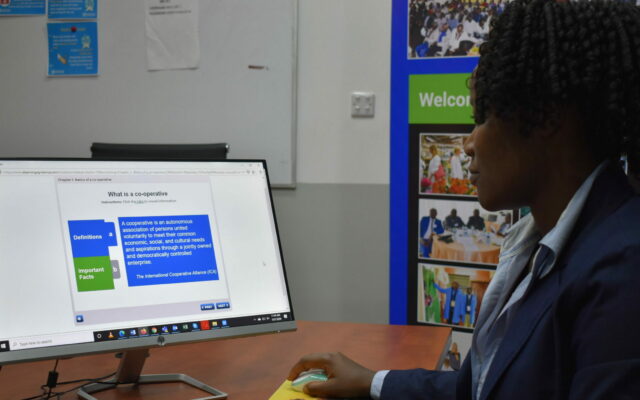
DGRV Kenya supports project partners on their way to adapt to “The new normal” in times of COVID-19
More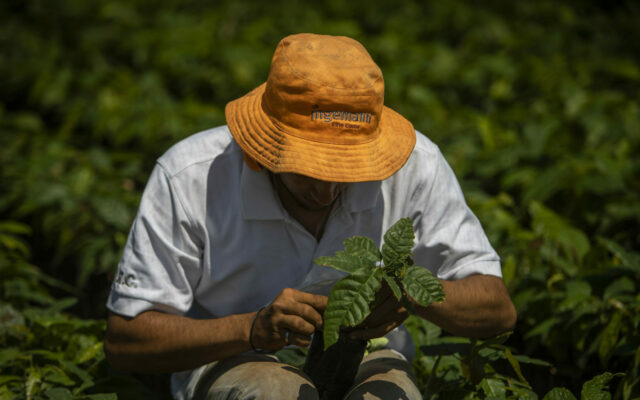
Pablo and his Potatoes
More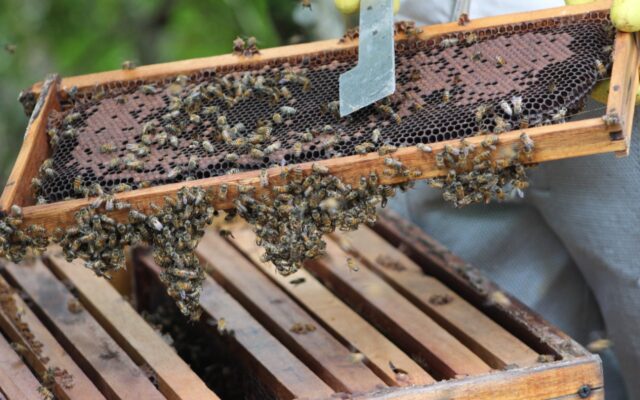
Strengthening small rural producer organizations in Colombia
More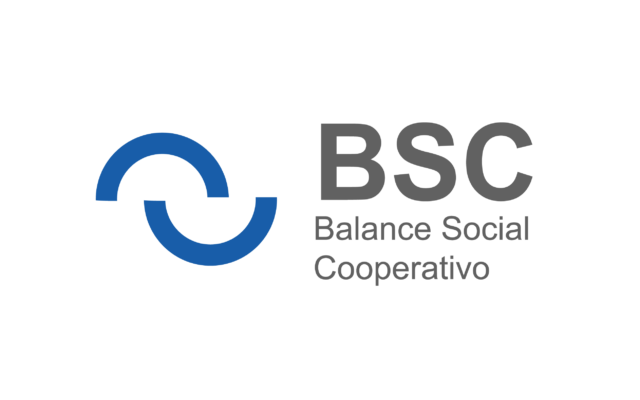
Cooperative Social Responsibility in Honduras
More